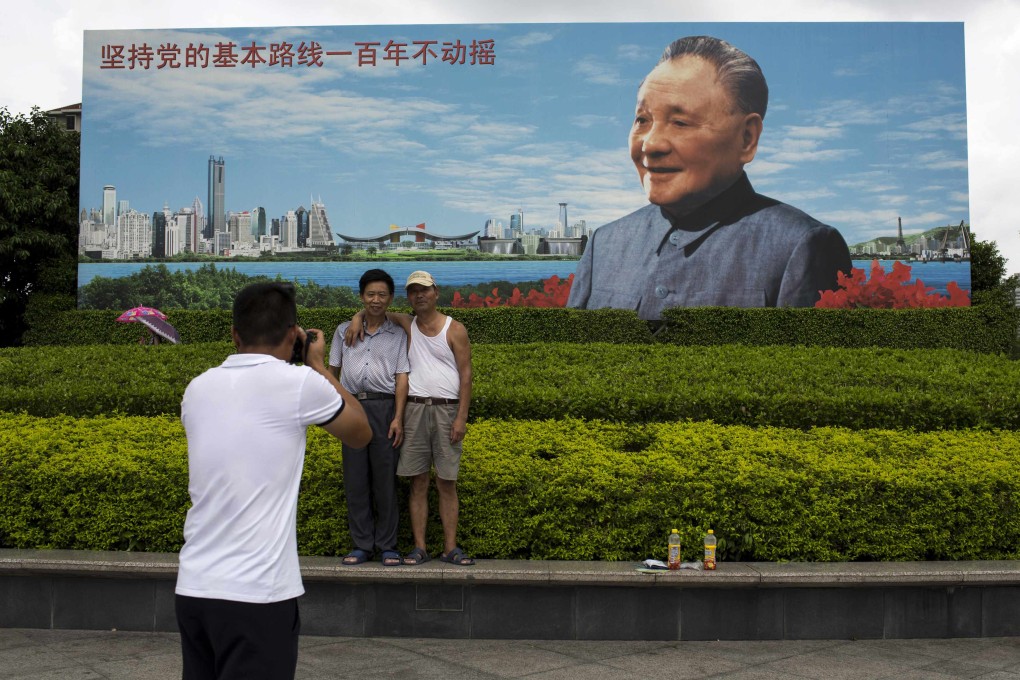Opinion | The best way to honour Deng Xiaoping
Hu Shuli calls on today's leaders to complete what the architect of China's reforms started, by building a society based on the rule of law

Tomorrow, China will celebrate the 110th anniversary of Deng Xiaoping's birth, and many activities will be held to honour the chief architect of China's reform and opening up.
It has been 17 years since the death of this legendary leader, but many of his ideas - on China's governance, policies and strategic directions - live on. In a broad sense, we're still living in the Deng era. Now's a good time to ask: as China faces the severe challenge of instituting fundamental reforms to transform its economy, society and political system, no less, what can we do to honour and even surpass Deng's legacy?
He left behind a legacy of riches, to be sure. In proposing a set of socialist ideals adapted to China's circumstances, he captured the zeitgeist of the times and answered the needs of a people. The gem of his thought - the distinguishing feature of his world view - was his call to "liberate thinking and seek truth from facts".
Thus guided, he resolutely ended the class struggle of the previous years, and shifted the focus of the party and nation to China's economic development. He said China was in the initial stage of the socialist path, and would remain so for many years, and further proposed a three-step development strategy.
The best illustration of his insistence on "truth from facts" could be seen in his consistent and clear attitude towards the party's ultra-left. From the turbulent days of the late 1970s to his famous tour of the south in the 1990s, he remained fully aware of the danger posed by the ultra-leftists.
In one of his speeches during the southern tour, he said China must be alert to the dangers posed by the right, but also, and primarily, of the threat of the left. These were wise and brave words that greatly shaped the party's thinking and policies.
